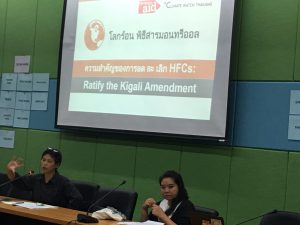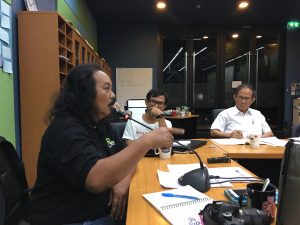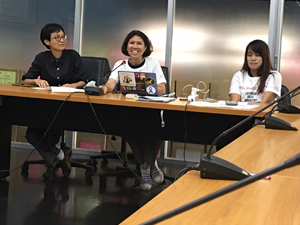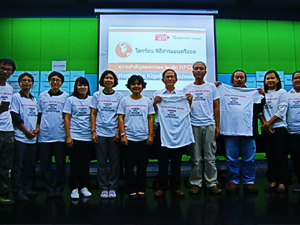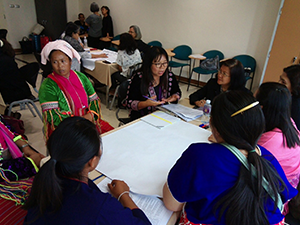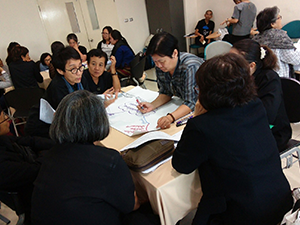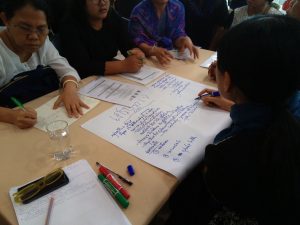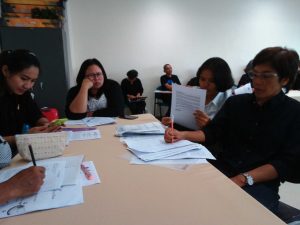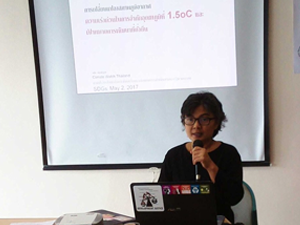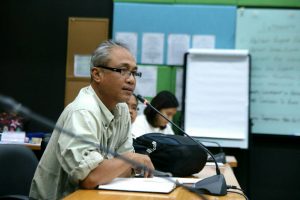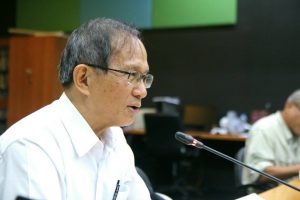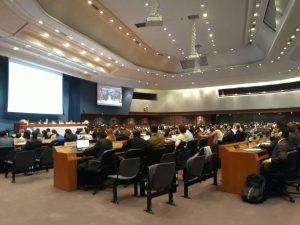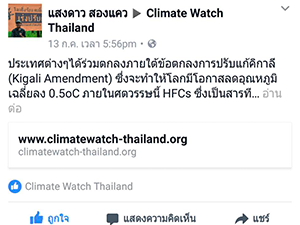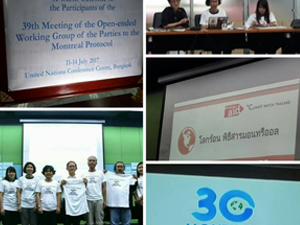Climate Watch Thailand with the support of Christian Aid, organised a few forums to discuss and highlight the importance of HFCs phase down and the ratification to Kigali Amendment in order to avoid temperature increase of 0.5 oC by the end of the century. The meetings were organised in preparation for the upcoming 39th Open Ended Working Group Meeting of Parties to the Montreal Protocol, held from July 11-14, 2017, Bangkok, Thailand. The aim of the forums were to enhance the understanding on the link between the Paris Agreement and HFCs phase down and update on the elements of Kigali Amendment and the need to call for parties to ratify the Kigali Amendment.
Ozone depletion substances are controlled under the Montreal Protocol (MP). The Protocol has been successful in phasing out CFCs and replace it with HFCs. However, with benefits to ozone, HFCs is among short live climate pollutants (SLCPs) with high global warming potential, contributing to climate change. The consumption of HFCs as refrigerants for refrigerators, air conditioners, containers, etc. is on a rising trend which will contribute to the global temperature increase. By phasing down HFCs, we can avoid temperature increase of 0.5 oC by the end of the century. Parties to the Montreal Protocol agreed in Kigali, Rwanda, in October 2016, during the 28th Meeting of the Parties to the Montreal Protocol (MOP 28) to phase down HFCs with the outcome of Kigali Amendment (KA). KA is yet to be ratified by parties to ensure the world proceeds with the HFCs phase down.
The observations and concerns among the Thai CSOs can be summarised below:
- Information on HFCs and its effects on climate change and temperature increase need to be widely communicated and disseminated in order to raise awareness among the Thais.
- Risks and safety issues associated with HFCs replacement need to be well addressed. Most of HFCs replacement substances are flammability. The life cycle assessment needs to be comprehensively conducted to ensure safety of end users. The public perception on safety issues needs to be assessed i.e. using HFCs replacement in refrigerator or air conditioner might pose risk of flammability while using current ones are not, for example.
- Domestic laws and legislation need to be in place in order to ensure national implementation of the HFCs phase down.
- HFCs phase down should be included in the NDCs of Thailand.
- Impacts of climate change are already felt on the ground especially among the indigenous women. Urgent actions need to be in place to reduce greenhouse gases with respect to human rights. At the same time, communities need to be assisted and supported to reduce climate risks, build resilience and adaptation.
- Under the current national process and discussion of 2030 Development Agenda and SDGs, HFCs is closely linked to SDG 12: Sustainable Consumption and Production and targets for phasing down need to be set up. It is of noted that phasing down HFCs significantly contributes to other SDGs.
- There need to invite gender perspectives in the HFCs safety issues and discussion.
It was agreed that further communications and forums on HFCs phase down will be collaboratively organised while at
the same time, monitoring of international debates and discussions will be conducted.
Climate Watch Thailand and its partners including Forests and Farmers Foundation and WCARRD attended the 39th Open Ended
Working Group Meeting of Parties to the Montreal Protocol (OEWG39) from July 11-14, 2017, Bangkok, Thailand, representing
the Asia Climate Change Consortium (ACCC), calling for parties to ratify the Kigali Amendment in order to phase down HFCs.
ACCC statement was released during the meeting.

